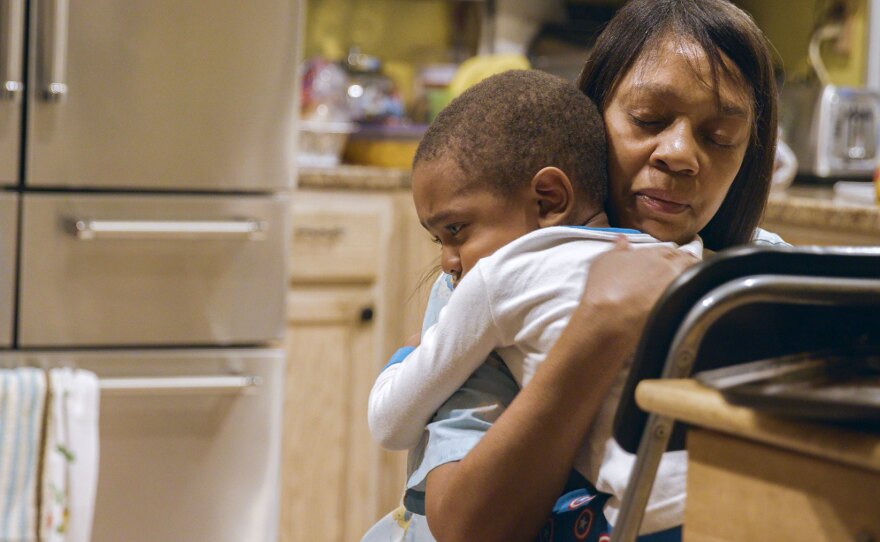The Human Rights Watch Film Festival returns to Balboa Park's Museum of Photographic Arts on Tuesday for a weeklong virtual event shedding light on social issues impacting the global community.
The festival, returning to MOPA for its 11th year, will feature critically acclaimed films on topics including LGBTQ rights, immigrant rights, equal access to child care for working-class parents, freedom of speech and systemic racism.
"This year, we found ourselves socially distanced, yet coming together to fight for who and what we believe in," said Deborah Klochko, executive director of MOPA. "MOPA is bringing the virtual Human Rights Watch Film Festival to our community to educate people on the social issues affecting our society today and to learn how we can all do our part to make a difference. With the click of a button, attendees across all 50 states will bear witness to the individuals standing up, pushing back and bravely defending everyone's human rights."
The films in the festival lineup are available to audience members across the United States through Feb. 8 until 11:59 p.m. Film enthusiasts are invited to purchase tickets to the online cinematic experience at MOPA.org/HRWFF.
The festival will host its first Q&A event on Wednesday at 7 p.m. with the film "Through the Night," which won the Special Jury Prize at the DOC NYC Film Festival. According to festival organizers, Through the Night is a "quietly damning portrait of a merciless economy's impact on working-class parents and turns a much-needed spotlight on the unsung heroes helping to raise the country's children. In a New York suburb, Dee's Tots Daycare becomes a 24- hour lifeline for an entire community."
"At a time when many of us feel isolated, the world needs to hear stories of people standing up, fighting back and communities coming together — stories that reflect the justice movements and conversations that are happening right here in our own communities," said Jennifer Nedbalsky, deputy director of the festival.
"This year's festival comes at a time of tremendous challenges for our world, and we're proud of this lineup of films that will continue to push forward national conversations on systemic racism, wealth inequality, the importance of supporting caregivers and essential workers, and immigrant rights - as well as the importance of supporting our vital arts institutions and ensuring that artists and communities will have a platform for free speech and expression," she said.
The Human Rights Watch Film Festival team does not want the cost of entry to these films to be a barrier for participation. If the price of buying a ticket to this film would prevent someone from participating, email filmticket@hrw.org, and the team will send a free ticket code.
Human Rights Watch has set aside a set number of tickets per film on a first-come, first-served basis. Once the free tickets are no longer available, the code will no longer work.






